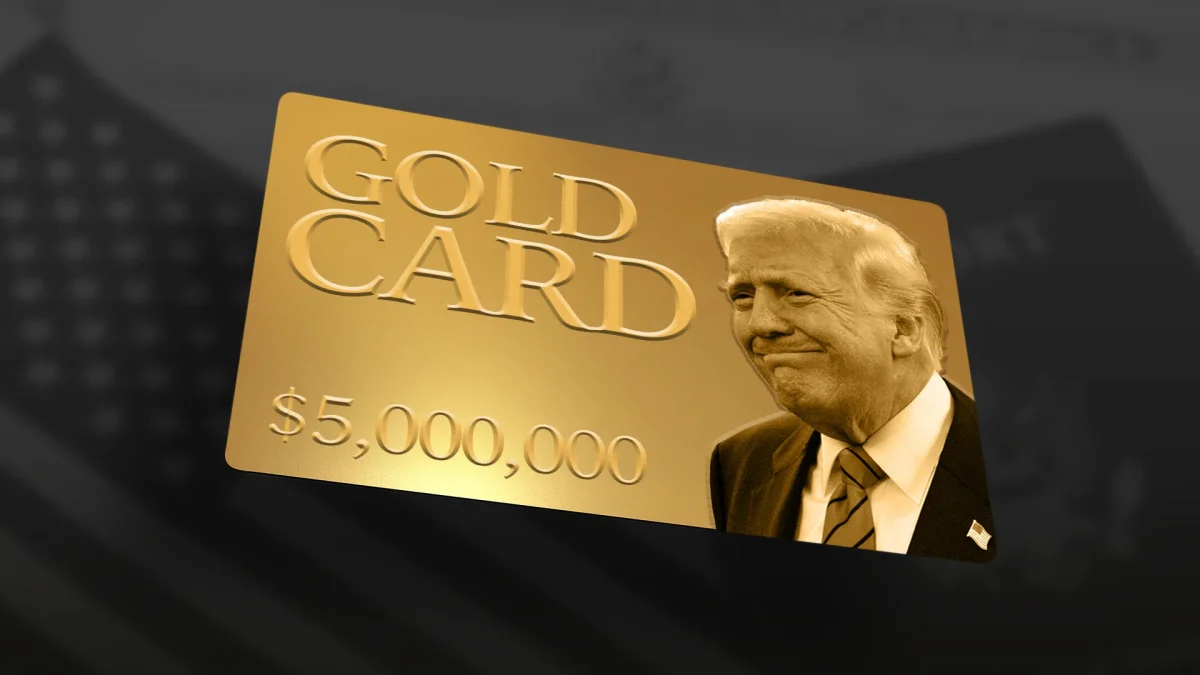In order to bring in more wealthy foreign investors into America, President Donald Trump created the “Gold Card” immigration program, which requires $5 million in exchange for U.S. residency and access to citizenship. The program is meant to replace the current EB-5 immigrant Investor Program, which has been criticized for inefficiencies and fraud.
Aside from providing tax benefits on foreign earnings, the Gold Card visa would also give its users the luxury of living and working in America. In order to pay off the national debt, selling about one million Gold Cards could raise $5 trillion, the administration estimates. Secretary of commerce Howard Lutnick explained that people who apply will be subject to a very intense screening procedure to make sure they are “world class global citizens.”
The administration has insisted that it can implement the program without Congress approval, with plans to launch this program in the coming weeks. However, legal experts are skeptical of the administration’s chances of implementing such a program without legislative backing it up and arguing that the creation of a new visa program would require an act of congress. Critics are also concerned that the high cost of a new visa may limit its appeal, potentially investors.
As the government goes ahead with the proposal for a Gold Card visa, debates for and against its potential economic benefits. Legal implications, and more effects continue.










